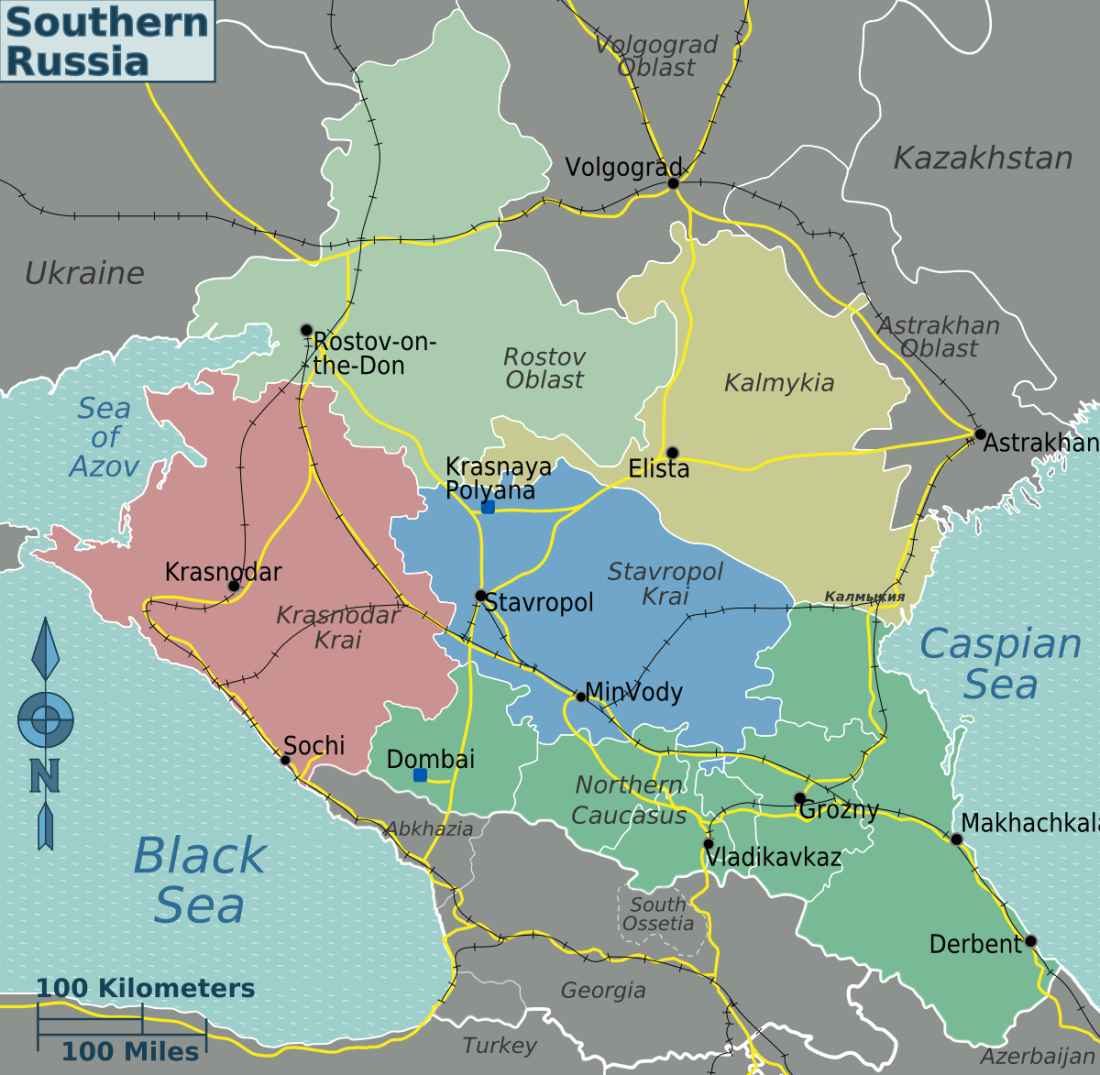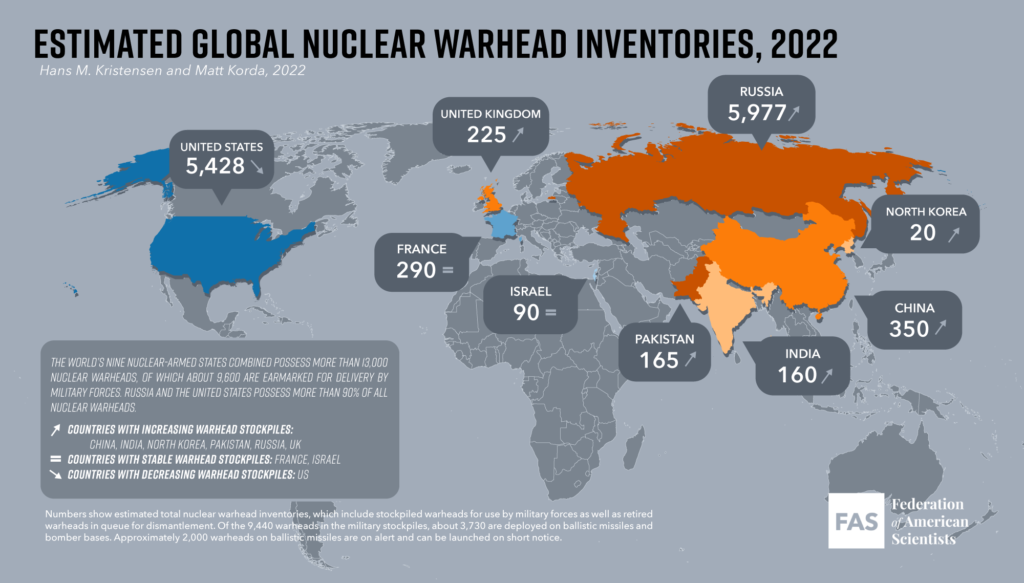Right now, peace in Ukraine is the top priority for all of us. Both sides are talking compromise, however, the reports are anything but clear. The fog of peace adds to the fog of war, amplifying confusion.
While there seems to be progress in the peace talks, Russia is simultaneously continuing its attack on Ukrainian urban centers, specifically in locations that target civilian populations. The expansion of online communication that has resulted from the global COVID pandemic facilitates talking and shooting at the same time. The fear of escalation hasn’t subsided, either. Below is a section of Thomas Friedman’s piece in the NYT on the topic:
If you’re hoping that the instability that Vladimir Putin’s war on Ukraine has wreaked on global markets and geopolitics has peaked, your hope is in vain. We haven’t seen anything yet. Wait until Putin fully grasps that his only choices left in Ukraine are how to lose — early and small and a little humiliated or late and big and deeply humiliated.
I can’t even wrap my mind around what kind of financial and political shocks will radiate from Russia — this country that is the world’s third-largest oil producer and possesses some 6,000 nuclear warheads — when it loses a war of choice that was spearheaded by one man, who can never afford to admit defeat.
Why not? Because Putin surely knows that “the Russian national tradition is unforgiving of military setbacks,” observed Leon Aron, a Russia expert at the American Enterprise Institute, who is writing a book about Putin’s road to Ukraine.
“Virtually every major defeat has resulted in radical change,” added Aron, writing in The Washington Post. “The Crimean War (1853-1856) precipitated Emperor Alexander II’s liberal revolution from above. The Russo-Japanese War (1904-1905) brought about the First Russian Revolution. The catastrophe of World War I resulted in Emperor Nicholas II’s abdication and the Bolshevik Revolution. And the war in Afghanistan became a key factor in Soviet leader Mikhail Gorbachev’s reforms.” Also, retreating from Cuba contributed significantly to Nikita Khrushchev’s removal two years later.
Bloomberg presents another endgame scenario:
President Vladimir Putin’s war in Ukraine is barely two weeks old, but this time it’s starting to look like an act of retribution that has no obviously achievable endgame. As Russia’s generals shift to ever-more-brutal tactics, it isn’t clear how Putin can marry Ukraine’s devastation with the goals he’s set out: namely, to create a neighbor that’s no longer “anti-Russian” and, in the process, to change Europe’s post-Cold War security order in Moscow’s favor.
Figure 1 – Who owns the world’s nuclear weapons
Nor has the risk of escalation to a suicidal nuclear war disappeared:
-
Russian Foreign Minister Sergei Lavrov he doesn’t think there will be nuclear war over Ukraine.
-
The remark on Thursday came amid high tensions over the West giving Ukraine military support.
-
Putin has made allusions to nuclear attacks and put his country’s nuclear forces on high alert.
Russia’s Foreign Minister, Sergei Lavrov, said that he does not think nuclear war is a likelihood in connection with the country’s invasion of Ukraine.
In comments made to press on Thursday in Antalya, Turkey, he said: “I do not want to believe in it and do not believe it,” as Russian state news agency RIA Novosti reported.
Lavrov had just concluded a meeting with the Ukraine’s foreign ministry, Dmytro Kuleba, in which the sides failed to make any progress towards ending their conflict.
Most likely, a decision to go nuclear wouldn’t be a rational choice but a move of desperation. Below are two “rational” scenarios for such a development:
- Ukrainian pilots, sick of absorbing the killings in their country’s urban centers, decide with whatever equipment they still have, to expand the war across the Ukrainian borders.

Figure 2 – Russian urban centers beyond the Ukrainian border
Volgograd and Rostov-on-the-Don are likely targets for such attacks. For those of us who are weak on the history of WWII, Volgograd is the renamed city of Stalingrad. The battle of Stalingrad during the second half of 1942, was the turning point in WWII. Now, the city has more than 1 million inhabitants. While Rostov-on-the-Don has a similarly sized population, it is Volgograd that holds a special, justifiably proud corner in every Russian’s heart. Nobody wishes to contemplate the official reaction to any attacks to the city that plays such a large part in Russian identity.
I have no idea (fog of war) of the present status of the Ukrainian air force beyond the fact that it was decimated by the Russians in the opening acts of the invasion but I am sure that enough was left to create havoc on Russia. Ukraine is pushing Poland, which is willing under certain conditions, to provide it with some of the MiG fighter jets left over from the time that Poland was at the center of the Warsaw Pact (more than 30 years ago). One of these conditions was that Washington replenish Poland’s air force with modern fighter jets, however Washington is afraid that doing so would be an act of escalation and has declined the deal.
- NATO’s supply chain of non-air force armaments to the Ukraine will provoke a direct Russian attack that NATO will consider as an act of war.
There is a lot of activity now trying to label the situation as the start of WWIII. Indeed, there are some parallels to World Wars I and II. However, the global nuclear arsenal shown in Figure 1 should convince everybody that if such a conflict were to escalate to a nuclear WWIII, it would be the last global conflict between humans and would guarantee the extinction of our (and most other) species.

